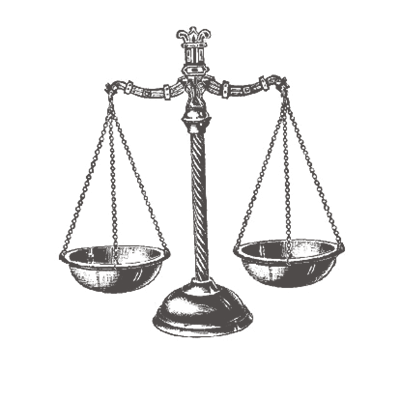Brexit: what about uniform rules for judicial cooperation in civil cases and the free flow of judgments?
The English courts are among the most commonly selected in the world for resolving disputes. Most cases there are decided under English law, but membership in the EU is one reason for the popularity of English courts. After Brexit, does London have a chance to retain its position as a world leader in dispute resolution?

The owner does not always have to pay the holder for improvements to property
An interesting ruling was issued in a case we were handling. After the independent possessor of real estate turned the property over to the owner, it demanded payment for the expenditures it had made on the property, including construction of a building on the site. But does construction always raise the value of the property?

Rulings by Chinese courts more and more common in cross-border disputes
As the People’s Republic of China becomes an increasingly stronger player on the international scene, it is no surprise that rulings by Chinese courts are being issued more frequently in disputes arising out commercial cooperation with Chinese counterparties. This phenomenon will only grow in importance for European lawyers.

Change in rules for the investor’s joint and several liability in the construction process
A simplified procedure for notification of subcontractors, clarification of the rule on the investor’s objection to entrusting part of the work to a subcontractor, and limitation in the amount of the investor’s joint and several liability—all these changes are to go into effect on 1 June 2017.

Clause on choice of foreign law not always effective in consumer transactions
Traders offering goods and services online often provide in their general terms and conditions that contracts with consumers will be governed by the law of the country there the seller has its registered office. EU law basically allows such contracts, but the choice of law must not deprive the consumer of the protection afforded him by mandatory provisions of law which would have been applicable if the contract did not contain the choice of law clause.

Longer period for reopening civil proceedings
Under regulations in force from 15 February 2017, reopening of a civil proceeding ended in a legally final judgment can be sought within 10 years after the judgment became legally final. The previous regulations provided for a 5-year period for seeking reopening of proceedings.

It’s possible to defend effectively against contractual penalties
This is the conclusion flowing from a non-final judgment issued by the Poznań Regional Court on 2 February 2017 in a case involving one of the largest infrastructure projects in Poland, completed in December 2016.

Courts make mistakes too
Losses caused by human errors should be made up. But there are fields where it is particularly difficult to obtain damages to redress mistakes.

Old customers, new products: Indemnity for commercial agents after the Court of Justice ruling in Marchon
After the end of cooperation with the principal, a commercial agent is entitled to indemnity if the agent brought “new” customers to the principal or generated a significant increase in turnover with “old” customers. But what if the customer is “old,” and the turnover hasn’t increased greatly, but the agent encouraged the customer to order goods or services it hadn’t ordered before?

Public authorities’ liability for damages
The topic of liability for damages on the part of public authorities is not widely known. Many people are not aware of the extensive rights at their disposal connected with actions by bodies of public authority. Consequently, injured parties often fail to pursue redress of losses suffered in connection with public administration.

The king can do wrong
It used to be accepted that the sovereign is infallible, and questioning the correctness of the sovereign’s decisions was bound to end badly. Today, fortunately for the people, there are instruments for holding the authorities liable for their wrongful acts and omissions.

Liability of the State Treasury for injury caused by violation of EU law
It is theoretically possible to pursue damages from the State Treasury for injury caused by violation of EU law, such as non-implementation of directives. But procedural difficulties discourage most litigants from taking this path.
